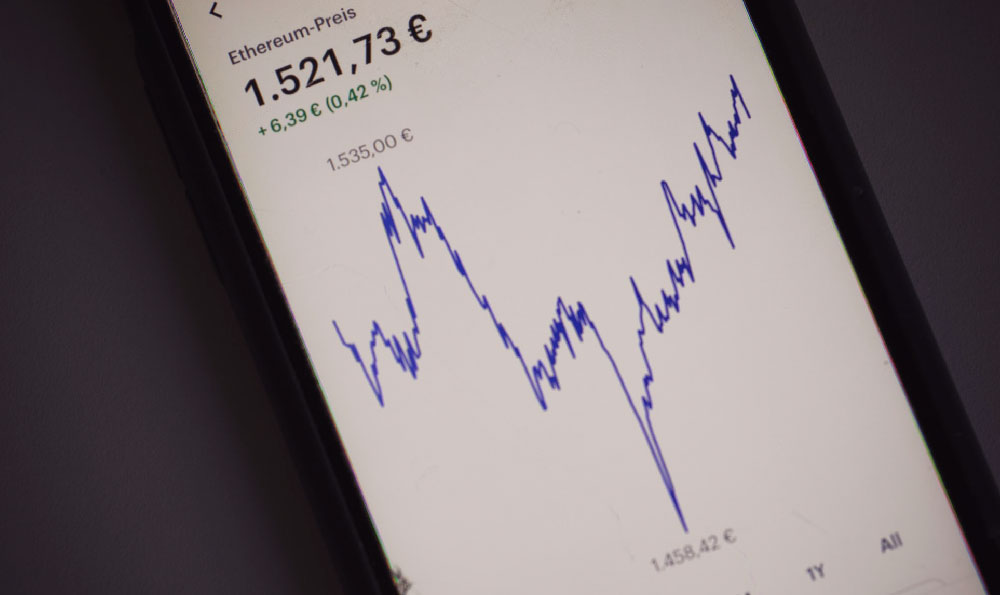How Much Did Kendrick Earn From Not Like Us - And What Was The Song's Impact?
Okay, I understand. Here's the article you requested:
The summer of 2024 witnessed a seismic shift in the hip-hop landscape, largely fueled by the diss track "Not Like Us," a searing rebuke aimed squarely at Drake, delivered by Kendrick Lamar. While the dust from the lyrical battle continues to settle, a significant question lingers: How much did Kendrick Lamar actually earn from this cultural phenomenon, and what was its overall impact beyond the immediate feud? Pinpointing an exact dollar figure is challenging, as multiple revenue streams intertwine and private agreements remain confidential. However, by analyzing various factors, we can arrive at a reasonable estimate and appreciate the broader consequences of the track.
Firstly, consider the direct revenue generated by the song itself. "Not Like Us" achieved undeniable commercial success, topping the Billboard Hot 100 chart and dominating streaming platforms. Streaming revenue, primarily from services like Spotify, Apple Music, and Amazon Music, constitutes a significant portion of a modern artist's earnings. The exact per-stream payout varies based on several factors, including the artist's contract, the streaming platform's algorithm, and the listener's subscription status. However, industry estimates suggest that an artist like Kendrick Lamar, with his established influence, likely earns somewhere between $0.003 and $0.005 per stream. Given the song's massive play count (potentially exceeding hundreds of millions of streams), the revenue from this source alone could easily reach hundreds of thousands, if not over a million dollars.

Beyond streaming, sales figures also contribute to Lamar's earnings. While physical album sales are no longer the dominant force they once were, digital downloads and purchases on platforms like iTunes still generate revenue. "Not Like Us" likely saw a substantial number of digital downloads, further bolstering its financial impact.
However, attributing all the streaming and sales revenue solely to "Not Like Us" would be an oversimplification. The track's immense popularity undoubtedly spilled over to Lamar's entire discography. Increased visibility and heightened public interest invariably lead to a surge in streams and sales of his older albums and singles. This "halo effect" can be substantial, effectively increasing his overall earnings beyond the direct revenue of the diss track. Think of it as a well-placed advertisement that drives traffic to the entire store, not just the advertised item.
Another significant factor to consider is publishing royalties. Kendrick Lamar is not only the performer of "Not Like Us" but also, in all likelihood, a co-writer and co-producer. This means he earns royalties from both the performance of the song (through performance rights organizations like ASCAP or BMI) and the composition itself. These royalties are generated whenever the song is played publicly, including on radio, television, in commercials, and even in some retail environments. Given the widespread exposure of "Not Like Us," these publishing royalties likely constitute a substantial portion of Lamar's earnings.
It's also crucial to consider the indirect financial benefits derived from the song's success. "Not Like Us" significantly amplified Lamar's brand and cemented his position as a leading voice in hip-hop. This increased visibility translates to higher booking fees for concerts and appearances. A prominent artist with a recent hit can command a premium for their performances. Furthermore, a heightened profile can lead to more lucrative endorsement deals and partnerships with brands. While these benefits are difficult to quantify precisely, they are undoubtedly substantial and represent a long-term investment in Lamar's career. The cultural relevance and perceived "win" in the Drake feud arguably make him an even more attractive figure for brands seeking to connect with a young and engaged audience.
The song's impact extends far beyond mere monetary gains. "Not Like Us" became a cultural phenomenon, sparking widespread discussions about hip-hop culture, authenticity, and the dynamics of artistic competition. The song's instantly recognizable beat, its sharp lyrics, and its powerful message resonated deeply with listeners, solidifying its place in hip-hop history. It transcended the confines of a typical diss track and became an anthem, embraced by many as a symbol of empowerment and resistance.
The lyrical content of "Not Like Us," which directly addressed issues of cultural appropriation and perceived disingenuousness, ignited conversations about the responsibility of artists and the impact of their work on society. The song forced listeners to confront uncomfortable truths and re-evaluate their perceptions of the artists involved. It sparked debates on social media, in academic circles, and in everyday conversations, demonstrating the power of music to provoke critical thought and social change.
Moreover, "Not Like Us" had a profound impact on the broader musical landscape. It revitalized the art of the diss track, demonstrating its continued relevance in a modern era dominated by streaming and social media. The song set a new standard for lyrical dexterity and unapologetic confrontation, inspiring other artists to push creative boundaries and engage in more meaningful artistic dialogues. It also brought renewed attention to the West Coast hip-hop scene, showcasing its talent and its unique perspective on contemporary issues. The song’s use of DJ Mustard’s distinctive production style, which samples familiar sounds with a modern twist, also contributed to a renewed interest in this sound.
In conclusion, while pinpointing the exact amount Kendrick Lamar earned from "Not Like Us" is difficult due to the complexity of revenue streams and private agreements, it's clear that the song generated significant financial returns through streaming, sales, publishing royalties, increased booking fees, and enhanced brand value. However, the song's impact extends far beyond mere financial gains. "Not Like Us" became a cultural phenomenon, sparking important conversations about hip-hop culture, authenticity, and social responsibility. It revitalized the art of the diss track, inspired other artists, and solidified Kendrick Lamar's position as a leading voice in contemporary music. Its legacy will undoubtedly be felt for years to come.















